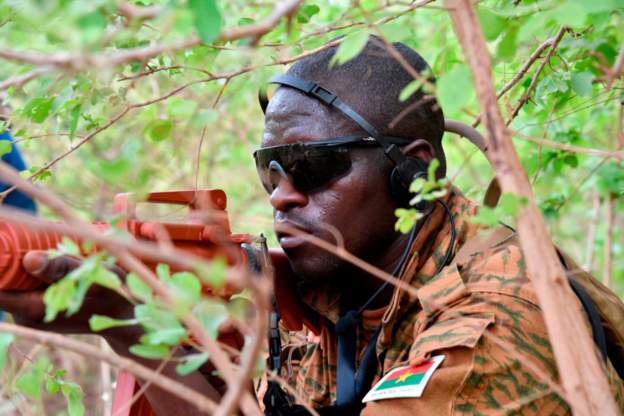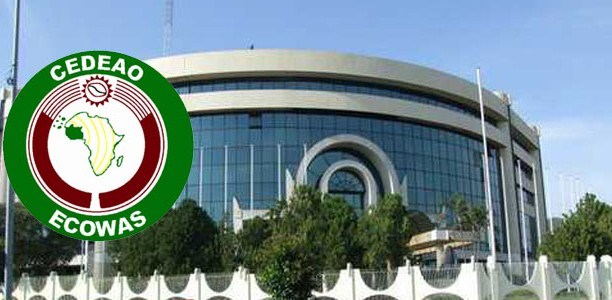West Africa is still home to some level of insecurity with conflicts still persisting in the sub-region.
Militants also continue to launch attacks, killing thousands and displacing millions.
The challenge for the regional body, ECOWAS is to contain such attacks including internal conflicts and make the region safer for it’s people.
The Lake Chad Basin for instance has been rocked by continuous violence and fighting.
Boko Haram militants whose activities have largely been in Nigeria have also extended beyond it’s borders to the entire Lake Chad Basin.
Nigeria, Niger and Chad leaders continue to meet to find a way out. Mali is also feeling the brunt of violence, both ethnic and militia oriented.
In May this year, Ghana, Ivory Coast and Benin were on alert following threats from Jihadists operating in the neighbouring Burkina Faso.
The Africa Centre for Security and Intelligence Studies (ACSIS) for instance issued a security alert of an imminent attack from the Salafi-Jihadist group in Burkina Faso on Ghana and Togo.
ECOWAS is concerned about these threats and implications for the safety of people in the sub-region.
Effective collaboration
At a security meeting in Nigeria’s capital Abuja, Brig.-Gen. Usman Yusuf, Chief of Staff, ECOWAS Standby Force said to effectively tackle the security challenges in West Africa, countries must agree to work together.
According to Yusuf, ECOWAS wants to work effectively to silence the guns in conflict ravaged countries.
Yusuf said the total defeat of Boko Haram calls for more collaborative efforts of countries in the Lake Chad Basin Region as the insurgents move across the border.
He said “The problem in Nigeria’s North East is not a Nigerian problem it is because these problems are spilling from our borders.
“If the countries have capacity to provide security within their countries, these guys will not spill into Nigeria, within Nigeria, we do not have any camp that says this is where Boko Haram is.”

Yusuf lamented that “We still have something like a cross border raid, cross border, conduct havoc, attack a community before the security forces mobilize and start going they have withdrawn.
“Before you get to them they have crossed the border back to the other country.”
“So it is for the other countries to develop the abilities to be able to contain this and make sure that either they are not able to cross back.”
ECOWAS success
ECOWAS has not failed entirely in keeping the sub-region safer though. It has helped restore political stability to some countries in the Sub-region.
There have been successful ECOWAS military interventions in Liberia and Sierra Lone, under the auspices of ECOMOG, the Gambia and currently Guinea Bissau.
But many borders are porous requiring collaborative efforts of countries to make them more secured.
Countries like Germany have offered to help ECOWAS to restore safety to the region but the utmost responsibility appears to be that of the member countries.
Source: Africafeeds.com


